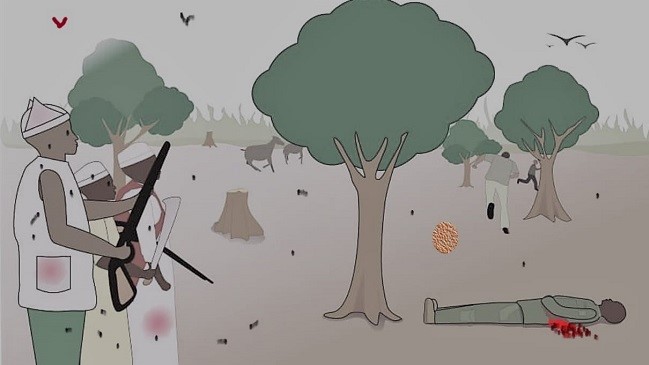The advent of protected area concept was received several decades ago with much anticipation and preparedness to preserve the biodiversity of choice locations, curb human aggression to nature, increase the earning powers of rural settlements and provide opportunities for research, tourism and employment. Today, Nigeria has just about seven surviving parklands located in Borno, Kaduna, Taraba, Niger, Edo, Cross River and Oyo states.

The national parks represent one of the highest levels of protection offered nature under the IUCN protected area category and are mostly prioritised under the highest tier of governance to promote efficiency. The presence of viable populations of the elephants, leopards, lions, vultures, golden cats, chimpanzees, buffalos, gorillas, and a host of other endemic species is an attestation to the performance and significance of Nigerian parks and protected areas to biodiversity conservation.
Without mincing words, existing national policies on the environment and rural development have been immensely served, either directly or indirectly, through the creation and administration of national parks. The economies and cultures of distant communities spatially locked into obscurity and poverty were opened to businesses and limelight by the parks. Thus, bridging the rural-urban dichotomy through added security formation, improved social amenities and infrastructures, as well as the creation of reliable jobs at the grassroots to stem the migration of rural assets to the metropolis.
More recently, however, the wheel of biodiversity conservation in parks and other protected area is sluggishly grinding towards a state of atrophy due to the forced entry of banditry into conservation spaces. The abrasiveness of banditry is soon to be seen in the wears and tears that has characterised prospective missions to safeguard Nigeria’s biodiversity, especially in the northern region. Where the relics of the less than 5% forest cover available is mostly infiltrated and serve as the operation bases of bandits, the clamour for forest restoration and conservation resounds more to cyclic redundancies and playful gallery tactics.
The lifespan of mostly northern parks can only be prolonged to the extent to which rapid social actions are genuinely implemented to load the scale in favour of development and prosperity in the rural settlements and the parks of Nigeria. The synergy required to divert rural energy from banditry into biodiversity conservation is vested in the willpower of decision makers. Sincere intellectual and financial investments in biodiversity conservation, smart agriculture, rangeland management and social forestry programmes in strategic settlements may just be what is required to prevent a replication of the Sambisa experience in Nigeria.
In the light of the prevailing dynamics and considering the quantum of resources sunk to curtail insurgency in Sambisa forest, the contributions of parks to national security should not be taken with a pinch of salt. Summits on national security should begin to look at bringing the park service onboard and harmonising other stakeholders’ inputs, including those from the conservation sector. It is also not out of place to add to the current numbers of parks, especially in Katsina, Kogi and Bayelsa states.
Sustained investments in biodiversity conservation is the better alternative to the chaos that has locked rural places in the labyrinths of poverty and underdevelopment. It has the multiple benefits of transforming youthful vibrancy into gainful outputs, in addition to bringing governance and education closer to remote places where basic education is a luxury.
Governments and influential stakeholders are therefore duty-bound to recognise the role of parks in maintaining social order and increase supports to same with a view to addressing cases of unrests in major hotspots. In addition, patronage of conservation innovations with impacts on rural livelihood is required from stakeholders to add vigour and values to the education, health, livelihood, and economies of communities in Nigeria.
The nation now needs to demonstrate collective capacity to govern all existing and contiguous forest patches, which are now used illegally as hideouts, even in desert prone regions. This capacity will underpin the African Union led great green wall initiative, the green recovery programme of the Nigerian Conservation Foundation, and several other similar reforestation initiatives with focus on rural empowerment and development.
By Stephen Aina (Nigeria Conservation Foundation, Lagos; stephen.aina@ncfnigeria.org)
